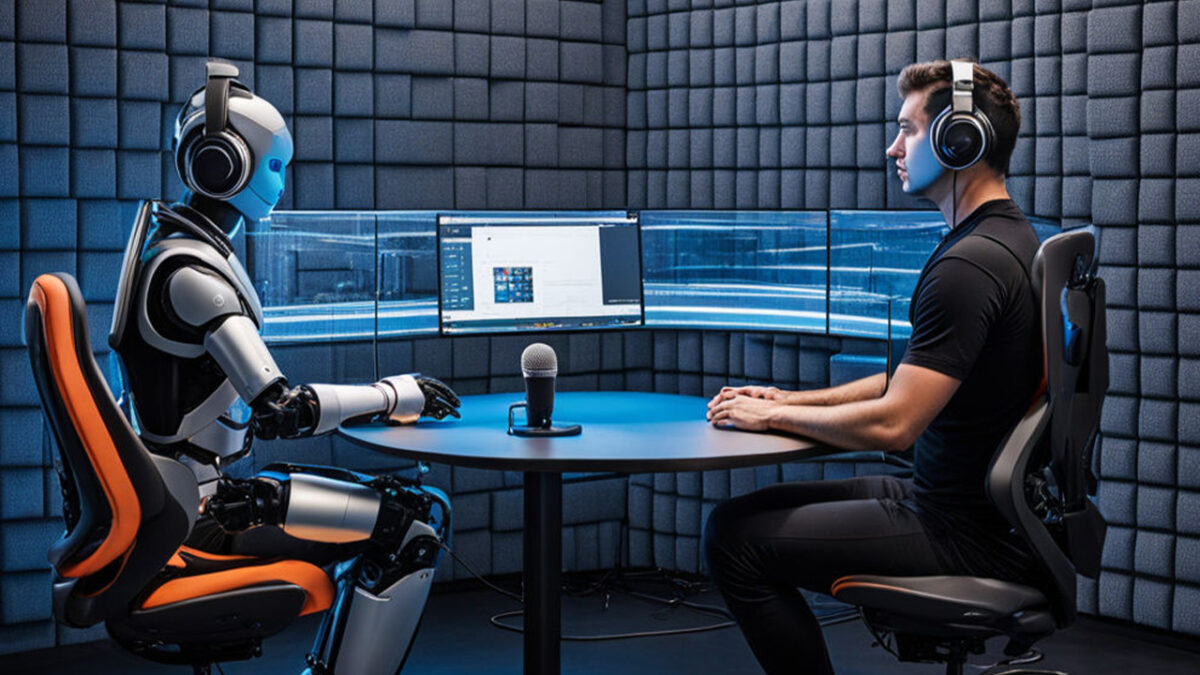In a much-anticipated announcement on Monday, OpenAI revealed the launch of its groundbreaking artificial intelligence model, GPT-4o, alongside a slew of updates aimed at enhancing user experience. The event, hosted by Chief Technology Officer Mira Murati, showcased the innovative strides the company has made in the realm of AI, promising to revolutionize human-machine interaction.
GPT-4o marks a significant advancement, offering the swift and precise capabilities of its predecessor, GPT-4, to a wider audience, including free users. Murati emphasized the transformative potential of the new model, heralding it as a pivotal shift in the AI landscape.
“We’re witnessing the dawn of a new era in human-computer interaction,” Murati remarked. “GPT-4o is poised to redefine that dynamic.”
Among the key updates unveiled by OpenAI are enhancements to ChatGPT’s multilingual proficiency and its newfound ability to analyze images, audio, and text documents. The company assured a phased rollout of these features to ensure their responsible use.
The event featured live demonstrations showcasing the enhanced voice capabilities of the model. OpenAI researchers engaged in conversations with an AI voice model, eliciting responses that ranged from storytelling to solving math problems. Notably, the AI was adept at discerning emotions, adding a personalized touch to interactions.
While speculation had swirled regarding OpenAI’s foray into search technology, CEO Sam Altman clarified that Monday’s announcement did not pertain to a search engine project. However, Altman hinted at upcoming endeavors that promise to captivate audiences.
Despite a mostly seamless demonstration, concerns lingered about the potential misuse of OpenAI’s new features, particularly in areas like facial recognition and audio generation. While the company assured preventive measures, specifics on safeguards remained scant.
In parallel developments, OpenAI is reportedly on the cusp of integrating its generative AI capabilities into Apple’s iPhone operating system. This strategic partnership underscores Apple’s push towards AI innovation and positions OpenAI as a key player in shaping the future of mobile technology.
However, amidst its expansion and collaboration efforts, OpenAI faces legal challenges from media outlets alleging copyright infringements. The lawsuits underscore the ethical complexities surrounding AI development and highlight the need for robust frameworks to address intellectual property concerns.
As OpenAI propels the boundaries of AI technology, its endeavors underscore the profound impact of responsible innovation on society. With GPT-4o at the helm, the journey towards human-AI symbiosis takes another momentous stride forward.
